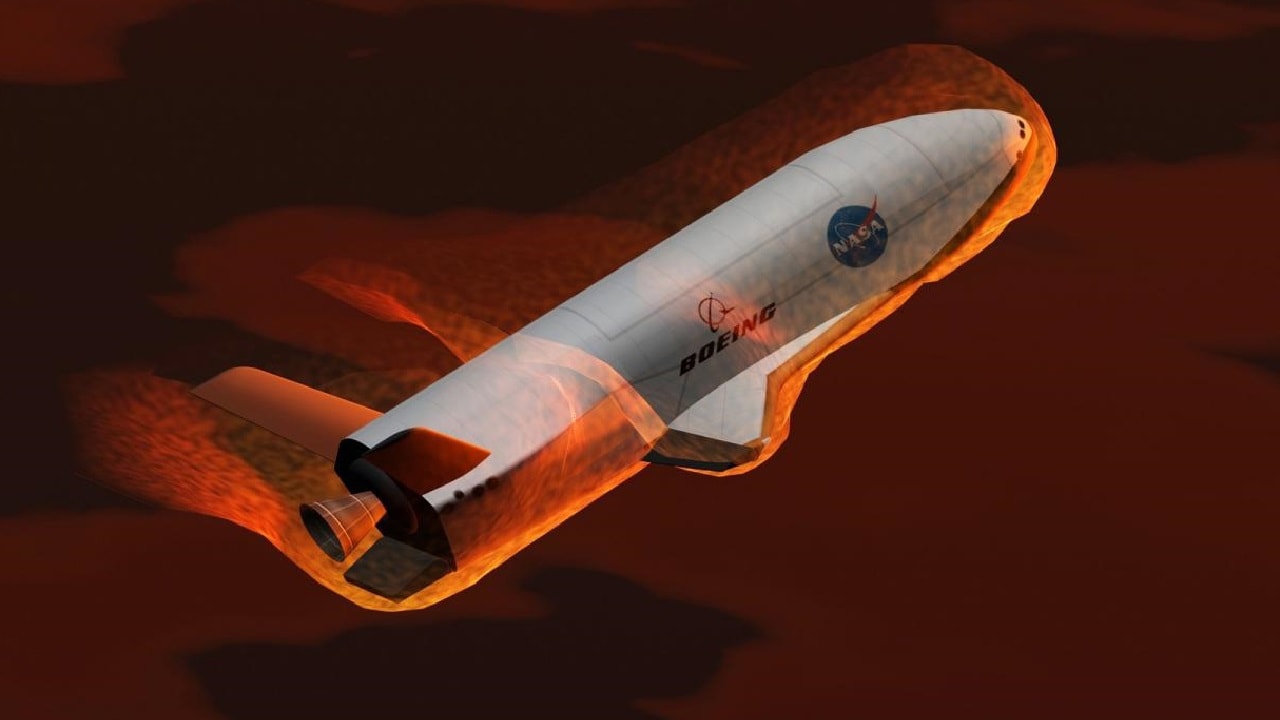Will the United States Space Force (USSF) become an issue in the 2024 election? Can the service ever detach itself from the political legacy of GOP frontrunner Donald Trump?
The question matters for more than just a marginal point or two in a few states across the union. The USSF continues to struggle to find a place for itself within the defense conversation and the national security bureaucracy. Indeed, the viability of the Force is fundamentally a political question, one that has its foundation in the political origins of the service. The USSF’s existence is a bureaucratic reality, but the political foundation of that bureaucratic reality will have long-term effects on the health of the institution.
Trump’s Role in Space Force
The Space Force did not burst, fully formed, from Donald Trump’s head. Debates over how to structure U.S. space military assets go back at least into the 1990s, and significant Congressional momentum developed for some kind of reform in the 2010s.
The idea of creating a space force as an independent service was part of this conversation, although it was not clear at first whether this was an actual priority or a rhetorical tactic designed to get the Air Force and the other services to pay more attention to space.
The decision to establish the Space Force as a quasi-independent service, however, owes much to Trump’s own vision of himself as a critical figure in American political history. Trump clearly viewed the USSF not only as part of his legacy, but as one element in his 2020 re-election campaign.
While Trump could not literally brand the USSF as if it were a building, a casino, or a line of steaks, he could try to ensure that U.S. military forces in space were forever associated with his presidency. The founding of the service in late 2019, followed almost immediately by the COVID-19 pandemic, ensured that the Space Force is tiny, awkward, and not entirely independent of the Air Force. (Keeping the USSF in the Department of the Air Force was necessary in order to avoid bureaucratic infighting that might have delayed the institutional founding.)
Identity Crisis
It is not at all controversial to note that the Space Force continues to have internal and external identity crises. As Thomas Novelly makes clear, an internal debate has emerged over the service’s mission statement, which may not have much of a grip on the memories or imaginations of the rank and file.
Something simple and straightforward like “Fight and win America’s wars in space” seems nice, but it’s not accurate. More aggressive statements about generating or maintaining space dominance have potentially unfortunate domestic and international repercussions. Service leadership has of course explored ways to find a more aggressive and critical role in joint military operations, but the fact that the USSF seems largely limited to a support role for joint and coalition forces undoubtedly makes it difficult to sort out an institutional identity.
The institutional crisis is undoubtedly related to the political origins of the service. There was no deep conviction among either civilians or military personnel that the Space Force should become formally independent in the bureaucratic sense of the term. This stands in stark contrast to the Air Force’s experience in 1947.
In that case, an extensive canon of strategic theory informed a large body of professional airmen that had not only come to the conclusion that an independent service was necessary, but had also built out the cultural and bureaucratic foundations for a new service. While most informed observers probably know that the Air Force was founded on Harry Truman’s watch, it is not associated with Truman in any kind of intellectual or political way.
Political Rumblings
The founding of the US Air Force didn’t have much of an impact on the 1948 election, but it wasn’t a political issue in the post-war security environment. Trump has not made the establishment of the Space Force a key component of his stump speech, although it is a small point in his “Renew American Strength and Leadership” bullet on the campaign website. Unsurprisingly, Joe Biden did not want to spend any bureaucratic or political capital overturning the establishment of the Space Force.
This may take the service off the political table for what is increasingly looking like a rematch of the 2020 election. However, given Trump’s taste for self-aggrandizement and his need to draw attention to the achievements of his presidency, it would not be surprising to find the Space Force squarely in the political conversation in the 2024 Presidential campaign.
Dr. Robert Farley has taught security and diplomacy courses at the Patterson School since 2005. He received his BS from the University of Oregon in 1997, and his Ph. D. from the University of Washington in 2004. Dr. Farley is the author of Grounded: The Case for Abolishing the United States Air Force (University Press of Kentucky, 2014), the Battleship Book (Wildside, 2016), Patents for Power: Intellectual Property Law and the Diffusion of Military Technology (University of Chicago, 2020), and most recently Waging War with Gold: National Security and the Finance Domain Across the Ages (Lynne Rienner, 2023). He has contributed extensively to a number of journals and magazines, including the National Interest, the Diplomat: APAC, World Politics Review, and the American Prospect. Dr. Farley is also a founder and senior editor of Lawyers, Guns and Money.

